The above information was shared by Mr. Pham Quang Hieu - Deputy Head of Environmental Technology Engineering Department, Vietnam Airports Corporation (ACV) at the seminar "Enterprises in the digital age: Imprints of creation and global integration" organized by Tien Phong Newspaper on the afternoon of October 8.
ACV is gradually realizing the goal of making Vietnam a pioneer in Southeast Asia in digital aviation procedures, with the “paperless airport” initiative through the national electronic identification application VNeID.
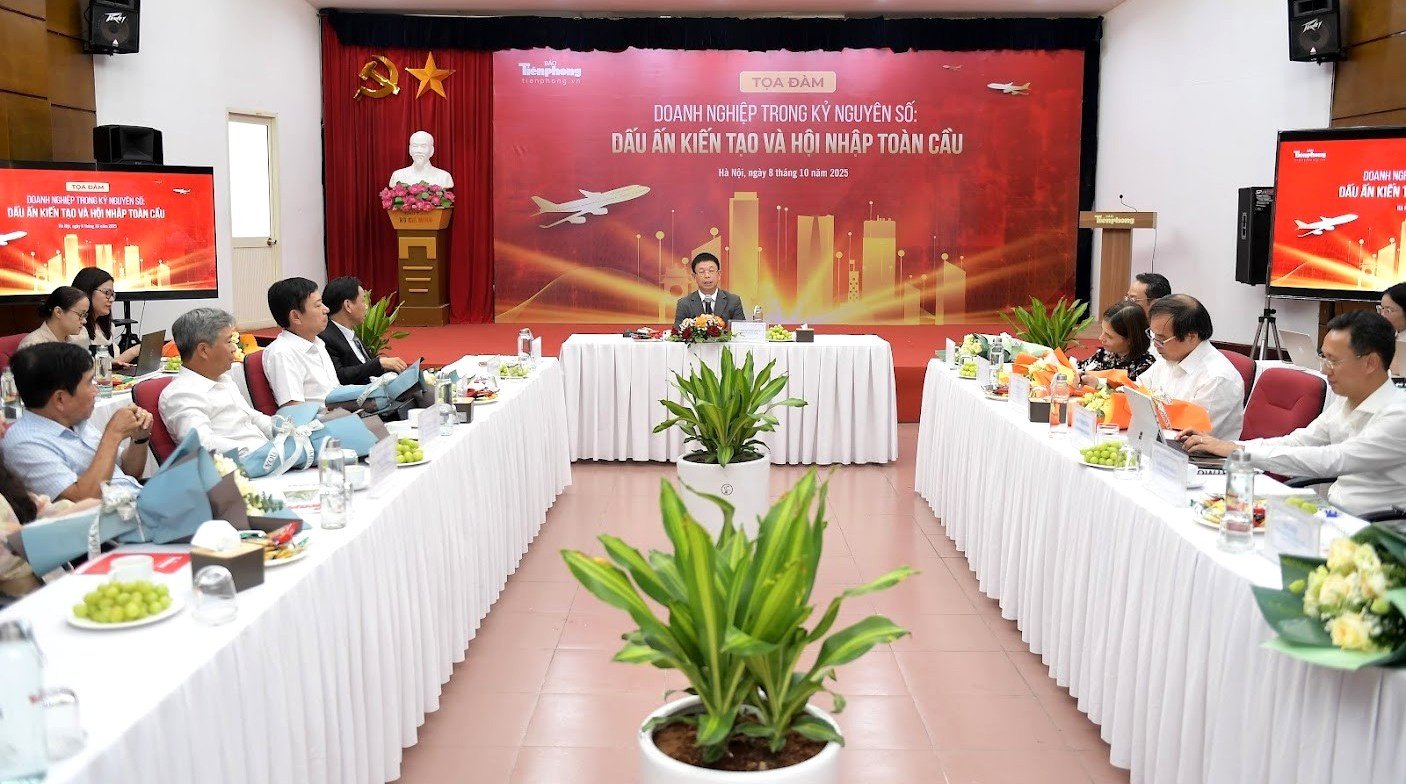
Some major airports such as Tan Son Nhat have piloted parallel automatic and manual biometric check streams. However, ACV’s goal is to move towards synchronizing the entire system, making air travel fast, safe and “paperless”.
According to the plan, from the beginning of December, passengers at airports managed by ACV can use VNeID to authenticate their identity instead of presenting their citizen identification card or airline ticket.
Passengers will experience a seamless flight process, from booking tickets, checking in, security checking to boarding. All are automatically authenticated via biometrics (face, fingerprint) linked to VNeID. This integration not only significantly shortens check-in time, reduces congestion during peak hours, but also improves accuracy and aviation security, almost eliminating the risk of identity fraud.
The application of VNeID in aviation is not only a technical step forward, but also an important boost for the national digital transformation program. This solution helps reduce operating costs, optimize resources and pave the way for integrating more public services in the future.
Conquering large-scale projects
Regarding national real estate data, Mr. Nguyen Quoc Hiep, Chairman of the Board of Directors of GP Invest, said that the Ministry of Agriculture and Environment is updating all data on land use right certificates to the national data system. When completed, the management, issuance of red books and real estate transactions will be more transparent, accurate and effective.
However, according to Mr. Hiep, the data update process is still facing difficulties. Previously, after completing financial obligations, it only took about 7-10 days to get a red book, but now it takes up to 3 weeks. Therefore, it is necessary to improve the qualifications of staff to ensure the effectiveness of the national management system.
In addition, the Ministry of Construction is also studying the establishment of future land use rights and housing transaction centers, expected to be piloted in the 2026-2027 period. According to Mr. Hiep, when the real estate market enters a systematic management orbit, standardizing land price data, transaction processes and management mechanisms will help the market become more transparent, healthy and sustainable.
Mr. Hiep said that in the near future, Vietnam will enter a phase of implementing many unprecedented large-scale projects, such as the North-South high-speed railway with a total estimated investment capital of about 67 billion USD. This is a big challenge for the construction industry, but also an opportunity.
“I believe that Vietnam’s construction industry will develop strongly. We have successfully built an 81-storey building – the 10th tallest in Asia, so there is no reason why we cannot conquer regional-scale projects,” Mr. Hiep emphasized.
Dr. Nguyen Minh Thao - Deputy Head of the Department of Enterprise Development and Business Environment, Institute of Strategy and Financial Policy ( Ministry of Finance ) said that Vietnam has participated in negotiations of 20 free trade agreements (FTAs) and signed 16 agreements. This proves that Vietnamese enterprises have truly "reached the world".
However, according to Ms. Thao, along with opportunities come many challenges. Major markets such as Europe and the US are making new demands on “greening” and labor, requiring businesses to meet sustainable development standards, control emissions, and trace the origin of raw materials.
“This is a great opportunity if we proactively prepare. When meeting the standards of developed markets, Vietnamese enterprises can diversify their markets and increase their resilience to economic shocks,” said Ms. Thao.
According to her, there should be a pilot mechanism and a breakthrough mechanism for businesses to apply science and technology. This is an opportunity that businesses should take advantage of to develop and innovate their business models.

Source: https://vietnamnet.vn/cuoi-nam-nay-hanh-khach-di-may-bay-duoc-xac-thuc-tu-dong-qua-vneid-2450632.html




![[Photo] Prime Minister Pham Minh Chinh attends the World Congress of the International Federation of Freight Forwarders and Transport Associations - FIATA](https://vphoto.vietnam.vn/thumb/1200x675/vietnam/resource/IMAGE/2025/10/08/1759936077106_dsc-0434-jpg.webp)
![[Photo] Prime Minister Pham Minh Chinh inspects and directs the work of overcoming the consequences of floods after the storm in Thai Nguyen](https://vphoto.vietnam.vn/thumb/1200x675/vietnam/resource/IMAGE/2025/10/08/1759930075451_dsc-9441-jpg.webp)




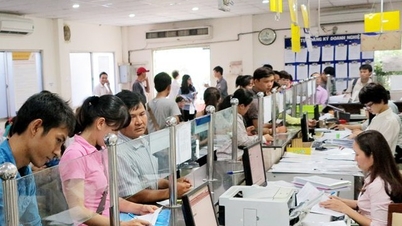








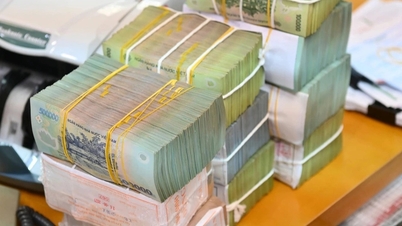













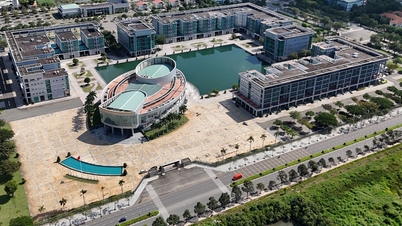






























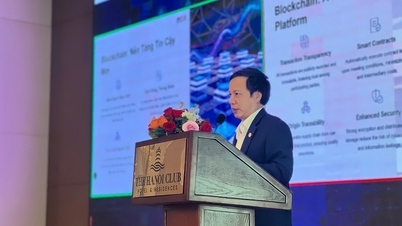







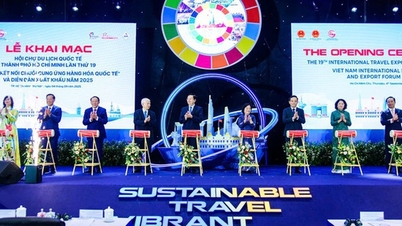





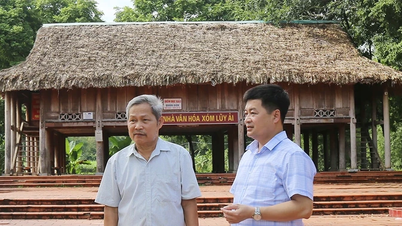

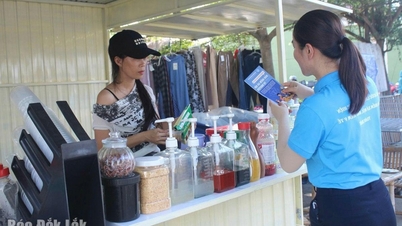

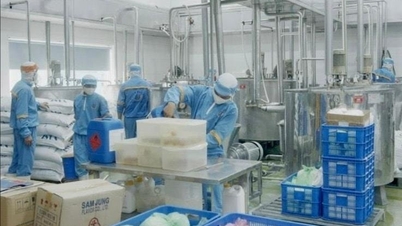



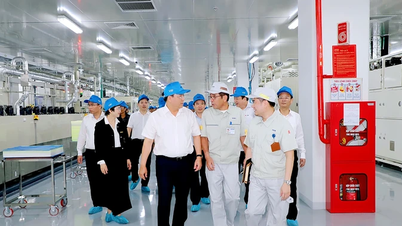















Comment (0)